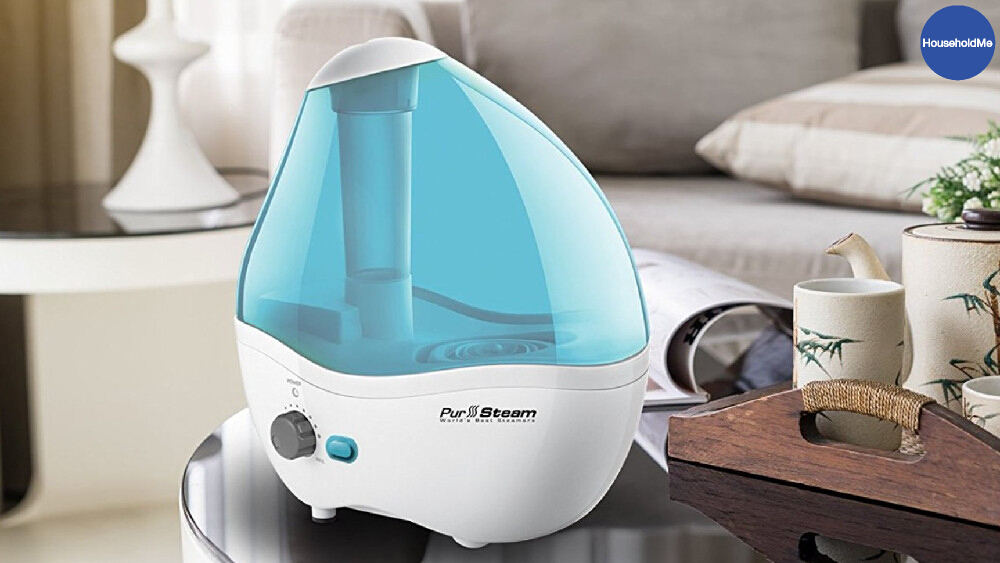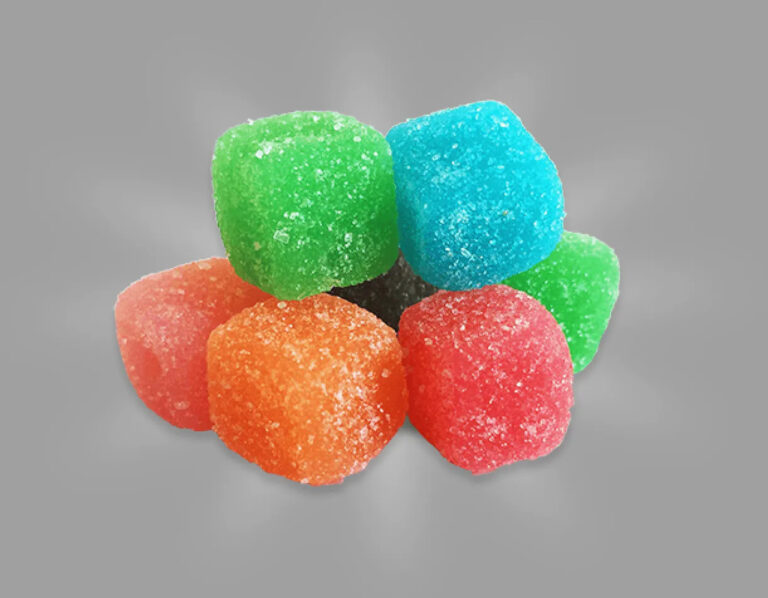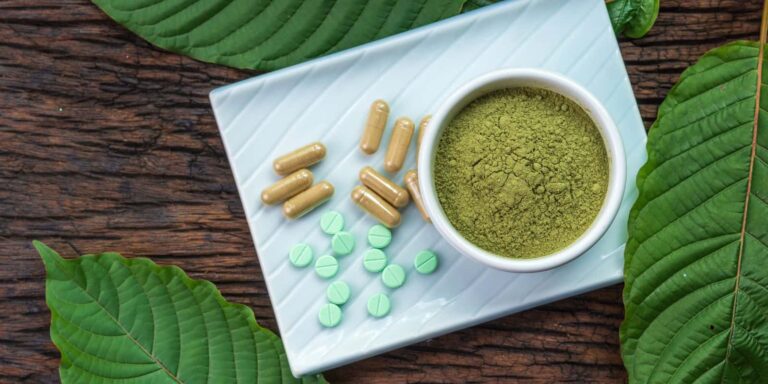Although the best room humidifier can help a lot with all its great benefits, humidifiers are well-known to add moisture to the air, but along with its excellence, there are also risks that must get considered when using it. This article will help you with the risks that you can avoid when using a room humidifier. Read below to know more!
- Dirty humidifiers: Humidifiers transform humidity into breathable air vapor. If the water tank of the machine is polluted, then the mist a human breathes would be contaminated as well. A cold, damp tank is an atmosphere that attracts germs, but frequent washing will help avoid any issues. Please properly clean a humidifier, as instructed by the supplier. Air does not remain too lengthily in the humidifier. If a filter is in the humidifier, please make sure to change it regularly.
- Too much humidity: Any humidity can be a positive thing in the environment, but high amounts can render breathing harder and even symptoms of allergy worse. Natural allergens, for example, like dust mites, mold, and mildew, flourish in humid conditions. Indoor humidity rates will be between 30 and 50 percent, according to the few researchers. The amount of humidity above 60 percent is too high. Anyone using a humidifier will either have a moisture meter in the house or a hygrometer. Many humidifiers provide incorporated methods of calculating moisture, whereas others need a separate meter.

- Usage of hard water or tap water: Several vendors prefer that their humidifiers usage clear, safe water only. There are a number of explanations. Unfiltered tap water can contain higher mineral and other particulate content than processed or distilled water. Minerals can build up in the system from rough tap water, causing it to wear down more rapidly than anticipated. The humidifier may even force such minerals into the air, which can be inhaled by a human. The particles will scatter like dust in the space too.
- Other risks: The use of a humidifier can help with dry sinuses, but it may also cause harm. With humid settings, dust mite and mold development are encouraged further. If individuals are prone to dust and mold, even if they have asthma, both problems may get exacerbated by utilizing a humidifier. Many other hazards involved with using a humidifier include steam burns from heat-used systems and mold production when the humidity has collected on walls and ceilings. Someone who uses a moistener will stop being too close to the unit. It is necessary to supervise them while using a humidifier in a child’s house.
Specific tips for using a humidifier include:
- keeping track of humidity rates, adjust and check the water in the humidifier
- periodically to clean the humidifier
- make a directed usage of only pure or filtered water that does not include minerals
- you must be cautious when using a humidifier with children
- following the directions of the manufacturer will help a lot.
Conclusion
Humidifiers may be of use to people with skin disorders or respiratory issues residing in low humidity regions. It’s crucial to note that humidifiers can’t cure chronic diseases, including asthma. These can be useful but may not be a replacement for professional attention. Those with fresh or worsening signs should shut it off while using a humidifier, and call a doctor. There is plenty of best space humidifier accessible online and in several department stores.








